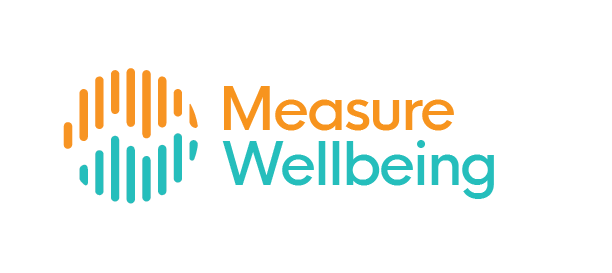General information
Description
The Brief Resilience Scale was created to assess the perceived ability to bounce back or recover from stress. The scale was developed to assess a unitary construct of resilience, including both positively and negatively worded items.
The possible score range on the BRS is from 1 (low resilience) to 5 (high resilience).
Questions
Instructions (depending on how the questions are set out):
How strongly to you agree or disagree with the following statements
or Respond to each statement below by circling one answer per row
Statements
1. I tend to bounce back quickly after hard times.
2. I have a hard time making it through stressful events.
3. It does not take me long to recover from a stressful event.
4. It is hard for me to snap back when something bad happens.
5. I usually come through difficult times with little trouble.
6. I tend to take a long time to get over setbacks in my life.
Responses
Strongly Disagree,
Disagree,
Neutral,
Agree,
Strongly Agree
Source
Validation details
Fung SF. Validity of the Brief Resilience Scale and Brief Resilient Coping Scale in a Chinese Sample. Int J Environ Res Public Health. 2020;17(4):1265. Published 2020 Feb 16. doi:10.3390/ijerph17041265
Cronbach’s α = 0.71
Implementation
Cost / Terms of Use
Free (No permission required)
Instructions and Scoring
Note that items 1, 3, and 5 are positively worded, and items 2, 4, and 6 are negatively worded. The BRS is scored by reverse coding items 2, 4, and 6 and finding the mean of the six items.
For questions 1, 3, and 5:
1. Strongly Disagree, 2. Disagree, 3. Neutral, 4. Agree, 5. Strongly Agree
For questions 2, 4, and 6:
5. Strongly Disagree, 4. Disagree, 3. Neutral, 2. Agree, 1. Strongly Agree
Add the responses varying from 1-5 for all six items giving a range from 6-30. Divide the total sum by the total number of questions answered.
| BRS score | Interpretation |
|---|---|
|
1.00-2.99 |
Low resilience |
|
3.00-4.30 |
Normal resilience |
|
4.31-5.00 |
High resilience |
Smith, B.W., Epstein, E.E., Oritz, J.A., Christopher, P.K., & Tooley, E.M. (2013). The Foundations of Resilience: What are the critical resources for bouncing back from stress? In Prince-Embury, S. & Saklofske, D.H. (Eds.), Resilience in children, adolescents, and adults: Translating research into practice, The Springer series on human exceptionality (pp. 167-187). New York, NY: Springer.
Benchmarking
In a study with 844 participants, a mix of healthy people and people suffering from diseases (cardiac patients and women with fibromyalgia), Smith and colleagues found an average score of 3.70 (Smith et al., 2013, p.177).
If you have access to useful benchmarking data please get in touch.
Sign up above for future updates.
Further reading
There are a number of other resilience scales in use, and a good review of them is:
